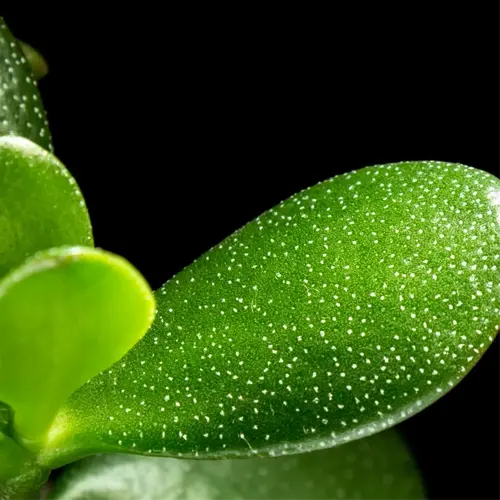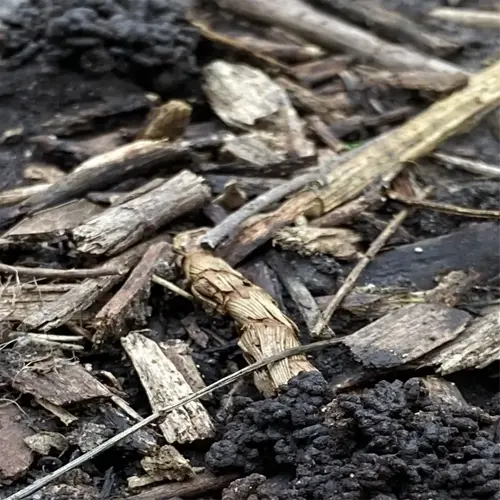How do I make my soil more acidic naturally?

Written by
Benjamin Miller
Reviewed by
Prof. Samuel Fitzgerald, Ph.D.Soil that becomes more acidic naturally benefits plants such as blueberries and azaleas, which require a low pH of 4.0-5.5. Chemical amendments can often create significant changes in pH within a short time. Organic amendments create gradual, more sustainable changes and build soil structure and microbial activity.
Elemental Sulfur
- Apply 1 lb per 100 sq ft (0.5kg/9m²) for 1 pH unit drop
- Works through bacterial oxidation over 3-6 months
- Mix into top 6 inches (15cm) before planting season
Peat Moss
- Blend 2-3 inches (5-7.5cm) into planting beds
- Provides immediate pH reduction of 0.5-1.0 units
- Retains moisture while improving soil texture
Coffee Grounds
- Spread thin layer as mulch around established plants
- Releases acids slowly during decomposition
- Avoid thick layers that may compact and mold
Pine needles are a great, long-lasting mulch for acidifying soil. A layer of 3 inches (7.6cm) applied around plants is a good depth. Needles break down slowly and produce acid as they do. This is a good choice for rhododendrons and blueberries. Pine needles are also very effective at suppressing weeds, but still allow water to penetrate.
It is always best to test soil pH before starting any amendments, and kits are available at your local garden centre. Add any materials in the cool parts of the year for the best results, as changes to soil pH will take time. Avoid adding too much acid, as this can lead to significant damage to plants. Test the soil pH at least once a year or regularly to avoid a pH level below 5.0 and to maintain the recommended ranges of 5.0-6.0 pH for acid-loving plants.
There are safety concerns when amending soil. Use gloves when handling sulfur. Don't use coffee grounds if you have pets. Ensure the amendments are stored in a sealed container. Teach children not to touch the garden amendments. Taking these precautions will help with accidental ingestion or skin irritation.
Combine methods for optimal results. Work sulfur into the ground before planting new beds. Mulch with pine needles to maintain. Add top dressings of coffee grounds seasonally. This layered system creates stable acidic conditions that allow it to thrive. Your acid-loving plants will flourish for years.
Read the full article: 10 Acidic Soil Plants That Thrive

